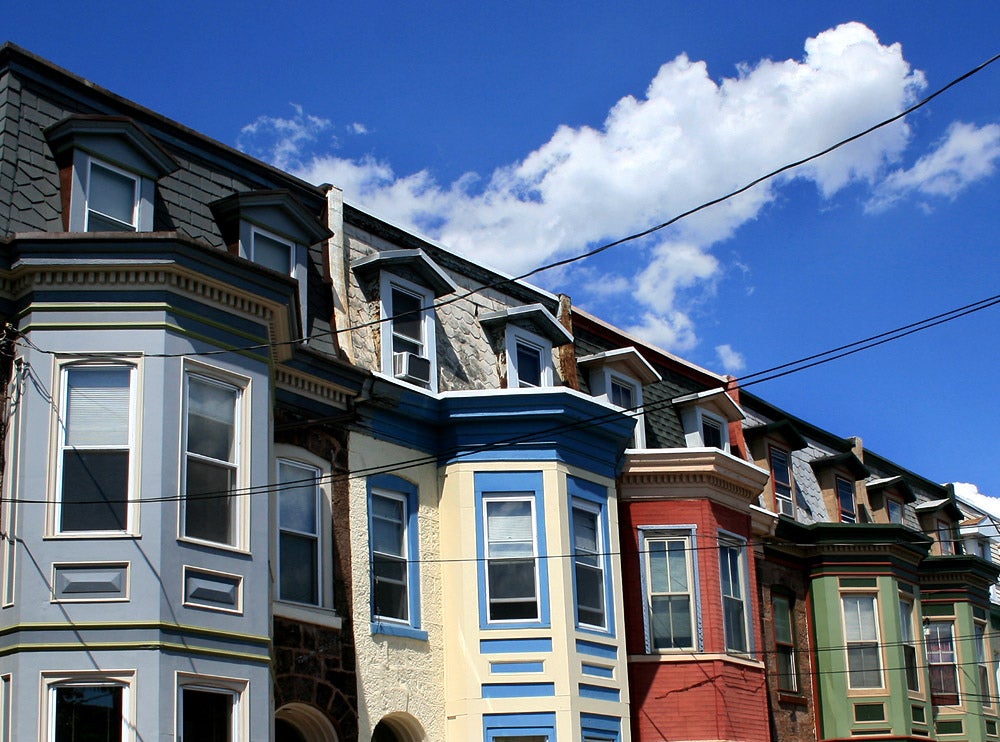Guest editorial: Time needed to make AVI assessments accurate

Time to make AVI assessments accurate
by David Feldman
There are over half a million houses and apartments in Philadelphia. Over 70% of them are fifty years old or older, 40% were built before 1940, according to census data. That means a vast majority of the homes in Philadelphia have had over half a century of changes to their interiors, or have not had much changed or modernized inside the home over that period.

For the most part, the assessors who were assigning current values for these half- million-plus residences in Philadelphia did not go inside homes to determine which ones had been extensively updated, moderately maintained, or left to age into functional obsolescence. And, I don’t blame them for that. To do the full individual assessments, including interior inspections, of the type that are required by lenders at a typical cost of $400 to $550 each to underwrite purchase mortgages would have cost several hundred million dollars to do citywide
Therefore, it should have surprised no one that as many as ten to twenty percent of the initial assessments sent out to property owners would be inaccurate.
The alternative to spending $300,000,000 of a strapped city’s general funds on individual interior assessments—probably more when you factor in the cost of coordinating access to largely unwilling homeowners—is to use the best tools available for exterior inspection and comparable sales analysis, issue the projected home values and be prepared for feedback from property owners who feel the value of their house or condo was inaccurately assessed.
It’s this last step that was not adequately planned for. If only ten percent of assessments were inaccurate–or inaccurately overpriced, since under-priced property owners would presumably stay quiet–this would still require over 50,000 individual reassessments including many interior inspections. If it took the City several years to produce “full value assessments”, it is unreasonable to think that the inaccuracies discovered by property owners could all be resolved within a few months, and ludicrous to think that they could be resolved adequately enough in three months to use those numbers to set new millage rates for the next fiscal year’s budget.
Since the new values were only sent to property owners this February, and in some neighborhoods, not until late March, these new assessments should not be used as the basis for collecting property taxes until the 2015 tax bills are issued. This would give property owners and the Office of Property Assessment a full year to correct inaccuracies in the values of homes, giving City Council better information on the total value of residential property in the city to set tax rates for the 2014-15 fiscal year. This would also provide enough time to assess the impact of the new assessments on long time homeowners, gentrified neighborhoods, seniors and low-income homeowners.
It’s a good thing that City Council, the City Administration and homeowners have accurate current values of all homes in the city, and that taxes be fairly levied based on accurate property values. But after taking several years for these first round of “full value assessments” to be issued, it is important that City Council and the administration apply these values responsibly, including giving property owners time to correct any inaccurate assessments, and to full analyze the various proposals for ways to address the dramatic difference in property tax bills that will result in the move from a system that has been deeply flawed for a long time.
A quick and blunt imposition of new tax rates based on assessments that have not been fully vetted will hurt tens of thousands of homeowners needlessly, when agreeing to not use the “full value assessments” as the basis for property taxes until the 2015 fiscal year would give everyone enough time to get it right when it is enacted.
David Feldman is President of Right-Sized Homes, LLC., and Right-Sized Places a sustainable redevelopment company working in older urban neighborhoods addressing neighborhood preservation and revitalization, affordable housing, vacant land and housing policy, and the quality of life in the places we live, work, shop and play.
David established Right-Sized Homes, LLC. In 2009 after serving as Executive Director of Habitat for Humanity Philadelphia, and as Senior Program Officer for Philadelphia LISC. David has been actively involved in advocacy at the city, state and federal level on land use, preservation and housing issues.
WHYY is your source for fact-based, in-depth journalism and information. As a nonprofit organization, we rely on financial support from readers like you. Please give today.






